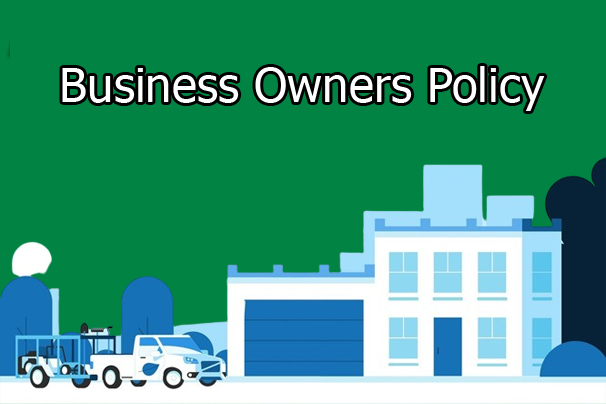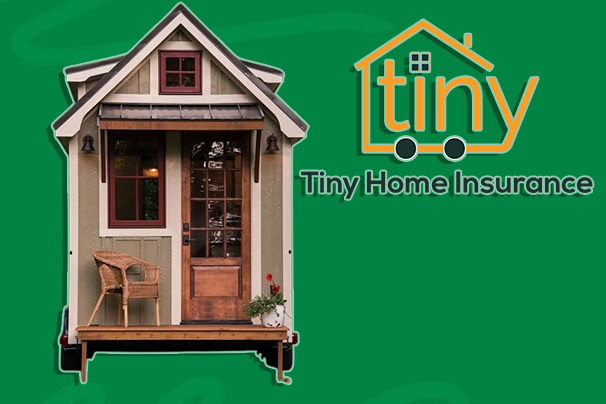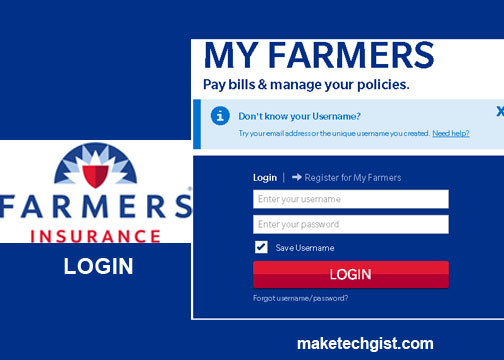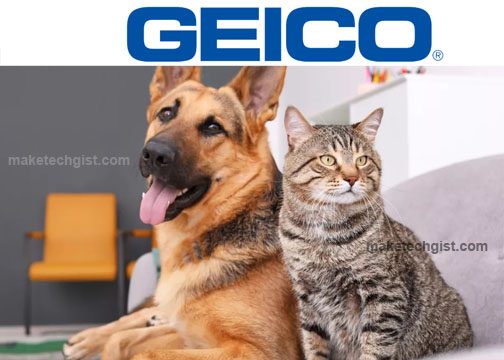Small business owners often encounter issues that could result in a big financial loss, you should have a safety net. For instance, a fire can result in lost revenue for your business, or you may face legal action if a consumer is injured while at your store. In such a situation, it’s crucial to get a business owners policy.

Business Owners Policy is the right option for small businesses that deal with the public and possess valuable business property. Furthermore, this policy covers financial losses resulting from client mishaps and catastrophes like fires and burglaries. Find out more about Business Owners Policy and if it applies to your business.
What is a Business Owners Policy
A business owners policy (BOP) is a premium-based package that includes various standard insurance coverages. Generally, this policy helps protect business owners against liability, danger, property loss, and business interruption. Businesses can frequently choose to add extra coverage for theft, fraud, fidelity, and other things. This is because the coverage offered by different insurance companies differs.
In addition, insurance companies use a variety of factors, including revenue, location, size, and business category. This is to assess if a company is eligible for a BOP. Moreover, if a business fulfills specific eligibility requirements, it can qualify for special considerations.
What Does a Business Owners Policy Cover
A business owner’s insurance pays for a variety of expenses, including paying for the costs of defending your company against certain claims, replacing or repairing damaged property, paying for injured customers’ medical bills, and more.
The following insurance kinds, which are often included in business owners’ policies offered by insurance providers, are included in BOPs to offer these protections:
General liability insurance
General liability insurance is a mandatory requirement for all business owner policies, serving as the primary defense against potential legal issues. The cost of fighting against claims of personal harm, property damage, or bodily injury is covered by general liability insurance. It can also reimburse medical claims.
Owners of small businesses run the risk of having their profits eaten up by litigation if they do not have general liability insurance. It is possible that obtaining a small-business loan or signing a contract will require you to provide evidence of liability insurance.
Commercial property insurance
Commercial property insurance is the other primary coverage included in an owner’s policy for a business. This Insurance can safeguard your inventory and equipment as well as the structure in which your company is located. This coverage covers the cost of replacing or repairing your property if it is stolen, lost, broken by accident, or harmed by the elements.
In addition, commercial property Insurance is a must for every company that leases or owns commercial real estate. The majority of landlords demand that their tenants carry their insurance for business property. If you handle inventory, make goods, or maintain equipment, you should also have this coverage.
Business interruption insurance
Most insurance providers include business interruption coverage in their policies for business owners. When theft, vandalism, or a covered event forces your company to temporarily halt operations, business interruption insurance pays for the lost revenue. Any business with recurring expenses, such as payroll, would benefit from having business interruption insurance. Business interruption insurance will enable you to fulfill your responsibilities even if your company is temporarily unable to make money.
What Does a Business Owners Policy Not Cover
A Business Owner’s Policy (BOP) covers three basic business insurance types, but additional coverage may be necessary for complete company protection. Coverage includes workers’ compensation, commercial auto insurance, professional liability insurance, and data breach insurance are not included in a BOP. For extra security, you can increase your BOP with this coverage. Moreover, depending on where your business is located, you might need to have specific insurance coverage, so make sure to check with your local laws.
How Much Does a Business Owners Policy Cost
A business owner’s policy typically costs $53 a month, or $636 annually. However, the cost of a BOP might differ based on several variables, such as:
Coverage limits
The price of a Business Overhead Policy (BOP) is directly influenced by its coverage limitations, with small firms purchasing $1 million or $2 million BOPs, with higher limits available depending on the insurance provider.
Industry
Construction companies and other high-risk industries usually pay more for coverage than do lower-risk industries.
Property types and value
The type and value of the property you are insuring will determine the cost of the commercial property insurance element of your BOP. The cost increases with both the property’s worth and the difficulty of replacing it.
Business age and location
Cost will also depend on your company’s location and length of operation. In general, premiums for newer enterprises are higher.
Claim history
Businesses that have recently filed business insurance claims are viewed as having a higher likelihood of doing so in the future and usually end up paying more than a business that has never filed a business insurance claim before.
Purchasing business owner’s coverage is frequently less expensive than purchasing individual liability, property, and business interruption policies.
Who Needs a Business Owners Policy
A business owner’s policy is essential for any small business owner who wants to safeguard their capital expenditures. Since it is typically less expensive than acquiring separate general liability and commercial property insurance policies, those on a tight budget might also think about getting one.
Final Thoughts
When it comes to getting the several kinds of insurance policies required for a business, a business owner’s policy (BOP) can be a fantastic method to get them quickly and efficiently. However, it costs more than getting individual policies. Assess whether the expense is prohibitive for your own company or whether a cost-effective insurance solution is better. For small businesses that deal directly with the public and possess valuable business property, a Business Owners Policy (BOP) is the right option. Furthermore, financial losses resulting from client mishaps and catastrophes like fires and burglaries are covered by this policy. Find out more about Business Owners Policy and if it applies to your business.





